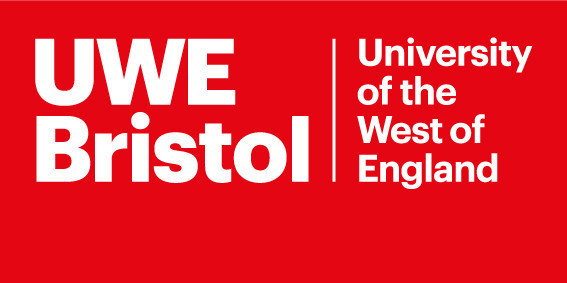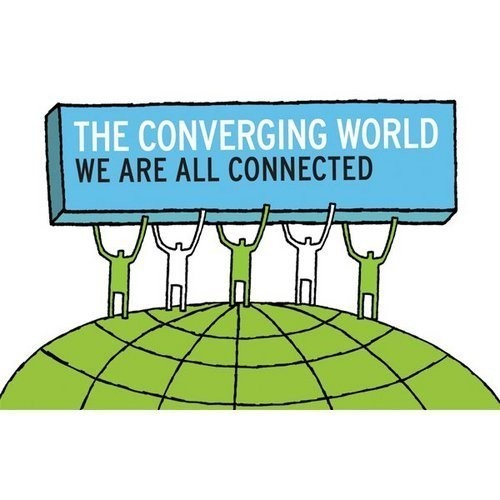As part of our sustainable event strategy, each year, we make a carbon offset...
As part of our sustainable event strategy, each year, we make a carbon offset donation to the institution that hosted the EAUC Annual Conference.
After the 2016 conference a joint donation from EAUC and the conference hosts, University of the West of England (UWE), was made to The Converging World charity to offset the carbon footprint of the Carbon Credential's Gala Dinner. UWE has close links with The Converging World charity, which invests in renewable energy and uses the returns to support environmental and social projects in the UK and India.
The remainder of EAUC’s carbon offset donation was given to the UWE Green Team. Tom Ball, Green Team Coordinator at UWE, explains how the funds will be put to good use:
“The money donated to the Green Team will help drive student-led sustainability projects on the UWE campus and surrounding community. We will be using half of the funds to purchase supplementary ingredients for our first food waste café pilot. We are working with Bristol Foodcycle and UWE volunteers to turn wasted local supermarket food into a delicious soup, raising awareness of food waste in the UWE community. Furthermore, we will be highlighting the needless carbon emissions that are connected to the overproduction of food. The event will be used as a crucial pilot to prove the feasibility of further food waste cafe events. Reducing food waste is also economically relevant to the student community, due to rising cost of student living (less food waste = more economical!).
“The second portion of funding will be used to provide support to our volunteer team who offer time on our ‘Greenspace’ project. This initiative runs on a fortnightly basis, and allows students to gain valuable experience in woodland conservation. Working together with industry experts from organisations like the Forestry Commission, volunteers can develop skills in environmental management and project planning, whilst also progressing their practical conservation skills, such as tool use and coppicing.’’
After the 2016 conference a joint donation from EAUC and the conference hosts, University of the West of England (UWE), was made to The Converging World charity to offset the carbon footprint of the Carbon Credential's Gala Dinner. UWE has close links with The Converging World charity, which invests in renewable energy and uses the returns to support environmental and social projects in the UK and India.
The remainder of EAUC’s carbon offset donation was given to the UWE Green Team. Tom Ball, Green Team Coordinator at UWE, explains how the funds will be put to good use:
“The money donated to the Green Team will help drive student-led sustainability projects on the UWE campus and surrounding community. We will be using half of the funds to purchase supplementary ingredients for our first food waste café pilot. We are working with Bristol Foodcycle and UWE volunteers to turn wasted local supermarket food into a delicious soup, raising awareness of food waste in the UWE community. Furthermore, we will be highlighting the needless carbon emissions that are connected to the overproduction of food. The event will be used as a crucial pilot to prove the feasibility of further food waste cafe events. Reducing food waste is also economically relevant to the student community, due to rising cost of student living (less food waste = more economical!).
“The second portion of funding will be used to provide support to our volunteer team who offer time on our ‘Greenspace’ project. This initiative runs on a fortnightly basis, and allows students to gain valuable experience in woodland conservation. Working together with industry experts from organisations like the Forestry Commission, volunteers can develop skills in environmental management and project planning, whilst also progressing their practical conservation skills, such as tool use and coppicing.’’












